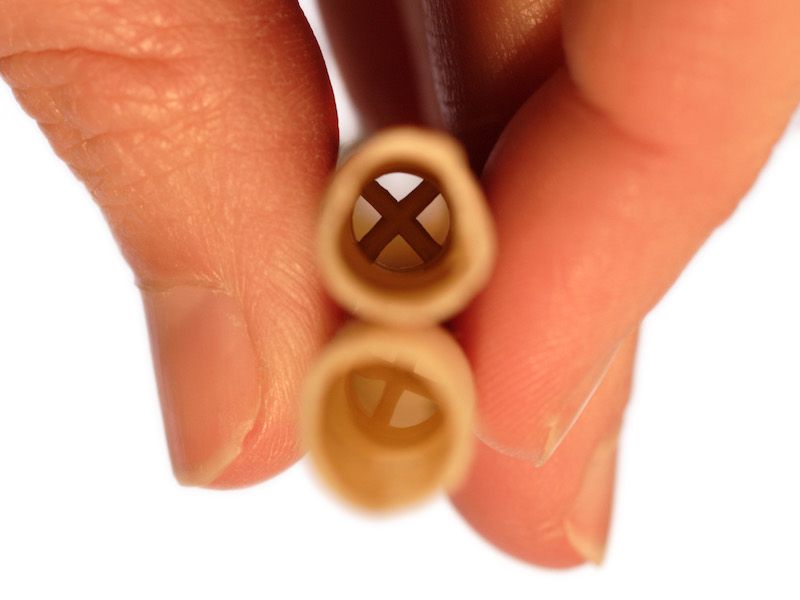
There’s a lingering idea in some circles that a practice called “ear candling” is a good way to decrease your earwax. What is ear candling, and does it work?
Earwax Candles, do They Work?
Spoiler alert: No. They definitely don’t work.
Why then do normally rational people persistently think in this pseudo-science. It’s difficult to say with much accuracy. But the more you discover about earwax candling, especially the risks involved, the more likely you can make an informed decision (even if the sensible choice is pretty obvious).
Earwax Candling, What is it?
So the basic setup goes like this: Maybe you aren’t certain how to get rid of all your built up earwax. You know you aren’t supposed to use cotton swabs (which is good, cotton swabs are not an ideal way to clean out your ears, in most cases). So you start searching for a substitute and come across this approach called earwax candling.
Earwax candling is supposed to work as follows: By jamming a candle in your ear (wick side out), you create a pressure differential. This pressure differential then sucks the wax out. Theoretically, the pressure difference is enough to break up that might be log-jamming in your ear. But this hazardous practice is not a smart method of cleaning your ears.
Why Doesn’t Ear Candling Work?
There are several problems with this process, like the fact that the physics just don’t work. There’s just no way for a candle to produce that kind of pressure differential (and in order to move earwax around, that pressure difference would have to be quite substantial indeed). Also, a candle doesn’t possess the kind of seal necessary to hold pressure.
Now, the candles used in these “procedures” are supposedly special. When you’re finished with your fifteen minutes of ear candling, you can break apart the candle and, in the middle, see all bacteria, debris, and wax that had previously been in your ear. But the issue is you can find this same detritus in new unburned candles as well. So the whole procedure amounts to fraud.
Scientific analysis has been unable to prove any benefit involving earwax candling.
So we Know Ear Candling Doesn’t Work But is it Dangerous?
What’s the danger in trying, right? Well, you’re looking for trouble whenever you get a hot candle near your ears. You may be fine if you try earwax candling. Plenty of people do. But there are definitely hazards involved and it’s certainly not safe.
The negative effects of ear candling can include:
- Candle wax can also clog up your ear canal after it cools. You could end up temporarily losing your hearing or even needing surgery in extreme cases.
- Your ear can be badly burned. When melted candle wax goes into your ear, it can lead to extreme hearing issues and burns. In the most severe cases, this might permanently damage your hearing.
- You could cause serious harm when you play around with an open flame and potentially even put your life in danger. Seriously, you could burn down your house. Getting rid of a bit of earwax isn’t worth that amount of danger and risk.
You Can Clean Your Ears Without Needing a Candle
The majority of people will never actually need to worry about cleaning earwax out of their ears. That’s because your ears are actually pretty good at cleaning themselves! But you might be one of those people who have an uncommonly heavy earwax production.
If you do need to clean out your ears due to excessive wax, there are scientifically-proven (and effective) means to do that properly. For example, you could get a fluid wash. Or you could see a professional who will be capable of using specialized tools to get excess wax or wax blockages out of the way.
You should continue to avoid cotton swabs. And open flames are not good either. Earwax candling isn’t effective, and it can create risks that will put your comfort and your hearing in considerable danger. Try burning candles for their sent or for enjoyment but not as a means to clean your ears.
